In today’s fast-paced world, stress has become an almost inevitable part of our lives. The constant demands of work, family, and personal commitments can take a toll on our physical and mental well-being. While various strategies exist to manage stress, one holistic approach that has gained popularity is reflexology. This ancient practice, rooted in the belief that certain points on the feet, hands, and ears correspond to different organs and systems in the body, offers a unique and effective way to combat stress. This blog post delves into the fascinating world of reflexology and how it helps alleviate stress.
What is Reflexology?
Reflexology is a complementary therapy that involves applying pressure to specific points on the feet, hands, or ears. These points connect to various organs and body systems through energy pathways. By stimulating these points, reflexologists aim to promote balance and harmony within the body, which can lead to reduced stress and enhanced overall well-being.
How Reflexology Alleviates Stress
Stress triggers the body’s “fight or flight” response, releasing hormones like cortisol and adrenaline. While this response is crucial in times of danger, chronic stress can lead to imbalances within the body, resulting in various health issues. Reflexology helps induce the relaxation response, counteracting the “fight or flight” reaction by calming the nervous system, reducing stress hormones, and promoting tranquility.
- Release of Tension: The feet contain numerous nerve endings and reflex points. Applying pressure to these points during a reflexology session helps release tension and encourages the body’s natural healing mechanisms. This leads to decreased muscle stiffness and tension often associated with stress.
- Enhanced Circulation: Reflexology promotes blood and lymphatic circulation, assisting in the removal of toxins from the body. Improved circulation ensures that oxygen and nutrients are efficiently delivered to cells, aiding in relaxation and rejuvenation.
- Balancing Energy: Reflexology principles suggest that the body has an energy flow that stress can disrupt. By working on specific reflex points, energy blockages are believed to be cleared, allowing the body’s energy to flow freely. This restoration of balance contributes to reduced stress levels.
- Endorphin Release: Reflexology may trigger the release of endorphins, the body’s natural “feel-good” chemicals. Endorphins provide pain relief and induce feelings of happiness and relaxation.
Scientific Evidence Supporting Reflexology
While reflexology’s mechanisms are deeply rooted in traditional knowledge, scientific research has explored its potential benefits. Here are a few notable studies:
- A study published in the Journal of Korean Academy of Nursing found that participants who received reflexology sessions experienced reduced levels of stress and anxiety.
- Research in the National Library of Medicine showed that reflexology effectively lowered cortisol levels and improved mood in participants with moderate to severe anxiety.
- The International Journal of Preventive Medicine published a study demonstrating that reflexology significantly reduced perceived stress and increased the quality of life among nurses working in intensive care units.
Conclusion
In a world where stress has become a prevalent concern, finding effective and holistic ways to manage it is essential. Reflexology stands as a promising approach to alleviate stress by promoting relaxation, balancing energy, and enhancing overall well-being. While further research is still needed to fully understand its mechanisms, many individuals have reported positive outcomes from incorporating reflexology into their wellness routines.
